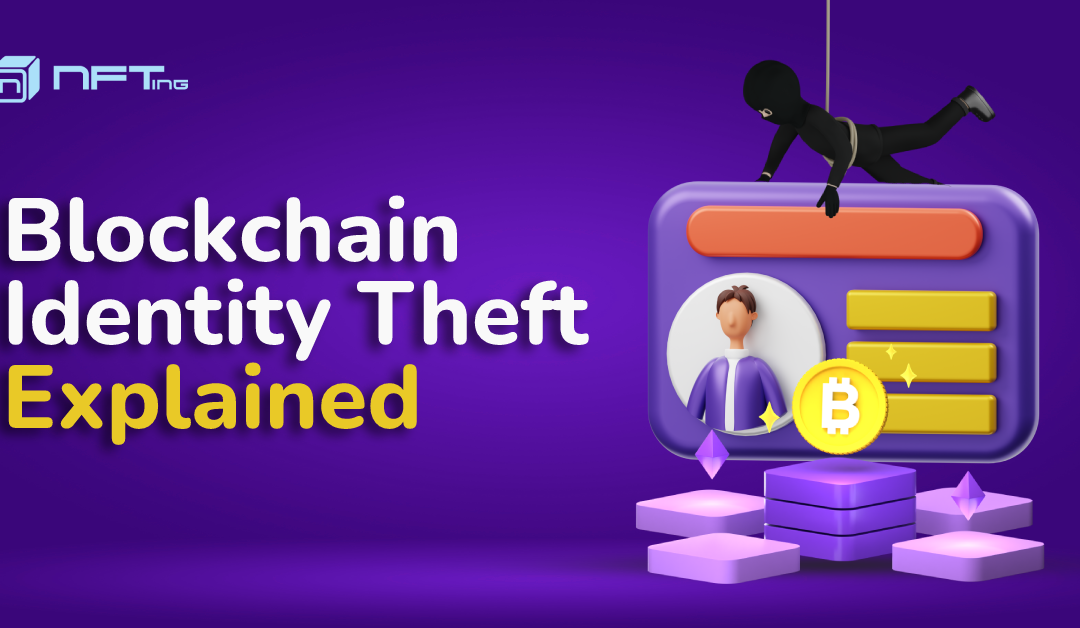In the rapidly evolving landscape of the digital world, concerns about identity theft loom larger than ever. With cyber threats becoming increasingly sophisticated, individuals are seeking innovative solutions to safeguard their personal information. One technology that has emerged as a potential game-changer in this realm is blockchain. In this blog post, we’ll explore the intriguing question: Can blockchain prevent identity theft?
Understanding the Menace of Identity Theft
Before delving into the role of blockchain, let’s grasp the gravity of identity theft. Cybercriminals are adept at exploiting vulnerabilities in centralized systems, gaining unauthorized access to sensitive data such as social security numbers, financial records, and personal details. This information becomes the currency for malicious activities, including fraudulent transactions, unauthorized access, and even impersonation.
The Blockchain Revolution
Blockchain, the technology underpinning cryptocurrencies like Bitcoin, has garnered attention for its decentralized and tamper-resistant nature. Unlike traditional databases, which are centralized and vulnerable to single points of failure, blockchain operates on a distributed ledger system. Each participant in the network has a copy of the entire blockchain, making it incredibly difficult for malicious actors to manipulate or compromise the data.
Immutable Record Keeping
One of the key features of blockchain is its immutability. Once information is recorded on the blockchain, it cannot be altered or deleted. This characteristic makes it a powerful tool for securing sensitive information. In the context of identity, this means that once your details are stored on a blockchain, they remain secure and unmodifiable, reducing the risk of unauthorized changes or deletions.
Decentralization for Enhanced Security
Centralized databases present a lucrative target for hackers, as compromising a single point of entry can grant access to a vast trove of information. In a blockchain network, however, there is no central authority or single point of control. Each participant has their own copy of the data, and changes must be agreed upon by a consensus mechanism. This decentralized approach significantly raises the bar for potential attackers, making it more challenging to compromise the entire system.
Smart Contracts and Self-Sovereign Identity
Blockchain’s potential in preventing identity theft extends beyond secure record-keeping. Smart contracts, self-executing contracts with the terms of the agreement directly written into code, can be employed to automate identity verification processes. This reduces the reliance on centralized authorities and minimizes the risk of human error.
Moreover, the concept of self-sovereign identity, enabled by blockchain, empowers individuals to take control of their own identity. Users can selectively share personal information without compromising the security of the entire dataset. This not only enhances privacy but also puts individuals in the driver’s seat when it comes to managing their digital identity.
Conclusion
While blockchain shows immense promise in preventing identity theft, it is essential to acknowledge that no technology is foolproof. The implementation of blockchain solutions must be accompanied by robust cybersecurity measures and ongoing efforts to stay ahead of evolving threats.
As we navigate the complex terrain of the digital age, the potential of blockchain to reshape how we secure our identities is undeniable. By embracing decentralized, tamper-resistant technology, we take a significant step toward a more secure and privacy-centric digital future.

